The Iranian actress, film and theater director and screenwriter Susan Taslimi was the first non-European to play the lead role on the stage of a national Swedish theater. In 2002, she ran as a candidate for the Ministry of Culture for a Swedish political party.
Taslimi was born in 1950 in Rasht, the provincial capital of Iran’s northern Gilan province. Her father Khosro Taslimi was a movie producer and her mother Monireh Akhundnia was a highly popular film and theater actress. In 1955 her mother won an Iranian film festival award for best actress for her role in the movie “Bloody Moonlight,” but she died at the age of 29, before she could accept it. Taslimi, who was then less than six years old, went on stage to collect the award on behalf of her mother.
She graduated from Tehran University’s School of Fine arts in 1973 and started her professional activities with a theater workshop under the director Arby Ovanessian, a pioneer in Iranian theater and cinema. She has described her experience with Ovanessian as “formative” in terms of her style of acting.
During this time she came to know Dariush Farhang, a theater actor and director. They got married but separated after the 1979 Islamic Revolution, although they remained friends.
After the revolution, but before women were forced to wear a hijab, Taslimi appeared on stage in “The Caucasian Chalk Circle” by Bertolt Brecht. A group of religious zealots threatened her because she was not wearing a headscarf, sending her a message that read: “If this production goes ahead, we will shoot you on stage so you will not think you can do as you want.”
Threats and pressures on the artistic community increased. A year after receiving threats, Tehran’s City Theater fired her because she wrote a letter protesting the fact that she had not been paid for a month. The officials described the letter as “insulting.” From then on she has not appeared on stage.
Up to 1982 Susan Taslimi appeared in two films, both of which were banned by the Islamic Republic’s censorship board. The 1979 “Ballad of Tara” was her first work with Bahram Bayzai, the renowned playwright and director. The movie was never screened in Iran but received special mentions at the International Cannes Film Festival and the San Sebastian International Film Festival. The second film, “Death of Yazdegerd,” which was also directed by Bahram Bayzai, was completed in 1982 but was banned even though the stage version had been performed earlier. One reason for the ban was that, between the theater production and the film, hijab had become mandatory. Women in the movie appeared without a headscarf because the story was set in 651 A.D.
The next collaboration between Taslimi and Bayzai was the 1986 “Bashu, the Little Stranger,” which became one of most popular films in Iranian cinema. In November 1999, 150 critics and movie professionals described it as “the best Iranian movie of all time.” It portrayed the upheaval caused by the Iran-Iraq war through the story of a boy from the war-torn Iranian south who finds refuge in the north of the country. The film, however, was not allowed to be screened in Iran until 1989, after the war was over.
Following her last film in Iran, she was hounded by the censorship board. “They told me not to look into the eyes of my male counterpart [and] to look down when I talked to him,” says Taslimi. “I replied: ‘How is it possible? I can’t look away from the person I’m speaking to.’ My minder kept an eye on this situation, as well as on my costumes. He even dictated that the camera angle be ugly and the color of my costume be dark and drab, all of which you see in the film.”
In 1987, with several banned or censored films behind her, she left Iran for Sweden. She continued her theatrical activities and in 2001 played her first role in a Swedish theater by appearing in a production of the Greek classical tragedy “Medea” by Euripides. At the time she was still not fluent in Swedish but this did not stop her. She worked for nine straight months and mastered her lines.
After her appearance in “Medea 2,” the Swedish Academy selected Taslimi as best actress of the year.
In 2002, she made her directorial debut with the movie “All Hell Let Loose,” which was selected as the opening picture at the Gothenburg Film Festival, the largest film event in Scandinavia. She later directed a television series and theater.
She was a member of the board of the Swedish film Institute from 1999 to 2002. She has also worked as a theater advisor to the Swedish Ministry of Culture. Taslimi has said that her 2010 production of Shakespeare’s “Twelfth Night” has been the highlight of her career.
Although Taslimi left Iran many years ago, her place in Iranian cinema is assured. “It is not possible to board a plane and seven hours later uproot yourself,” she says. “Iran is in you. It is where you were born and where you exist. You emigrate but you carry your homeland with you.”
In July 2023, the Islamic Republic’s authorities banned the 13th edition Iranian Short Film Association because it published a poster featuring Susan Taslimi without a hijab.
visit the accountability section
In this section of Iran Wire, you can contact the officials and launch your campaign for various problems




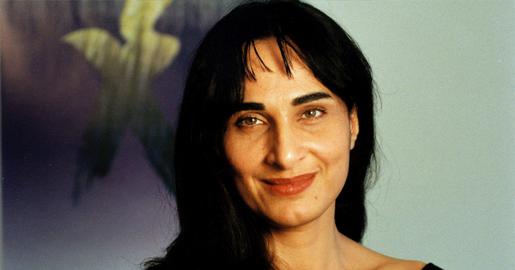









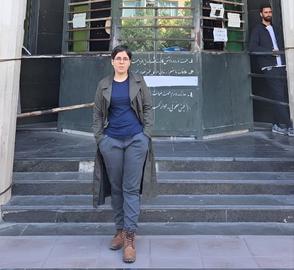
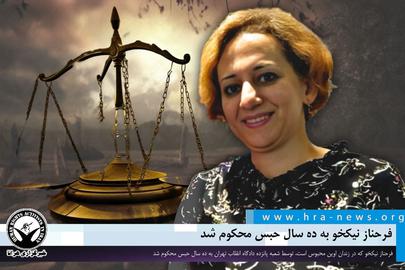







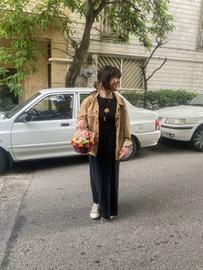
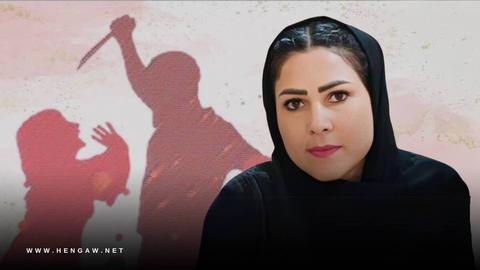


comments